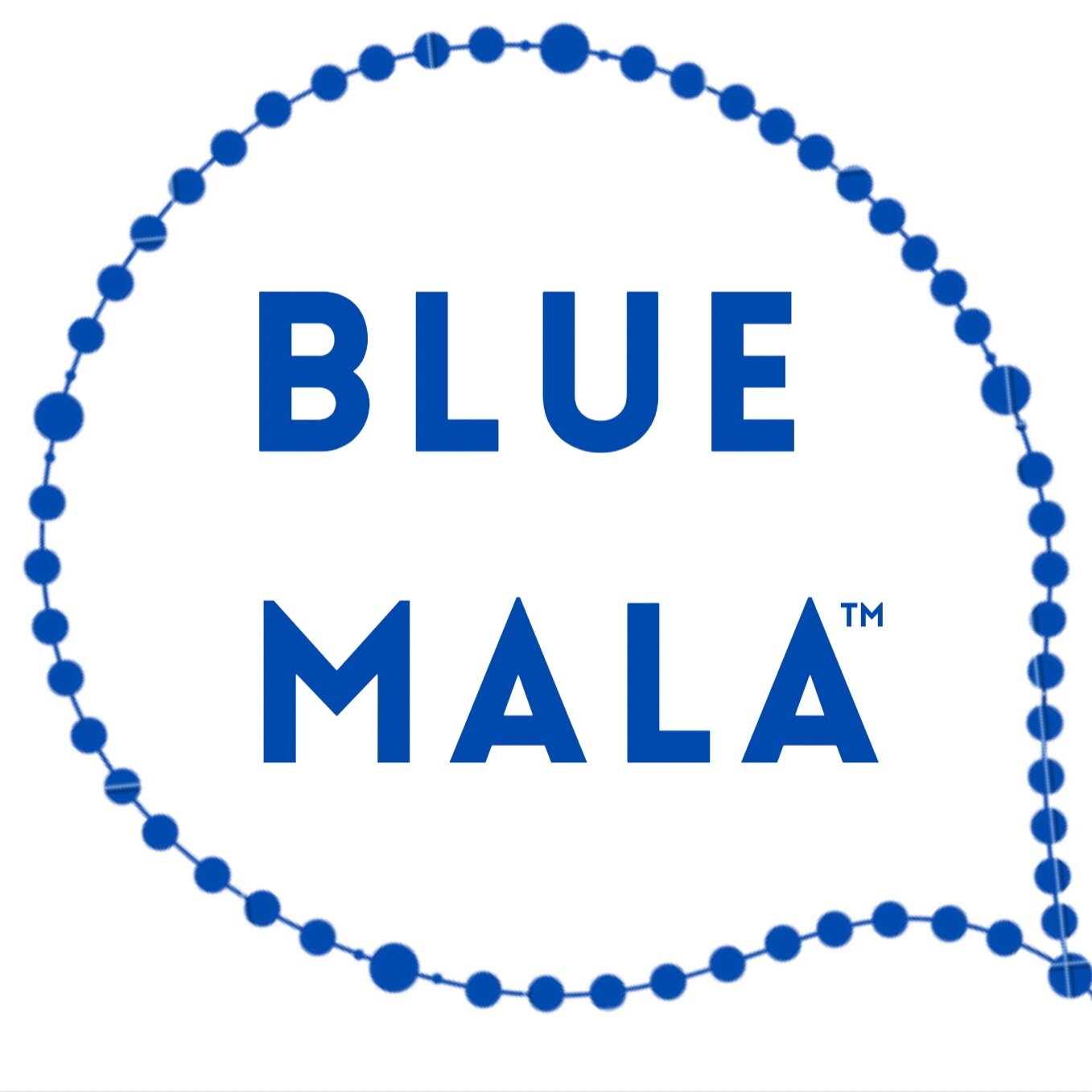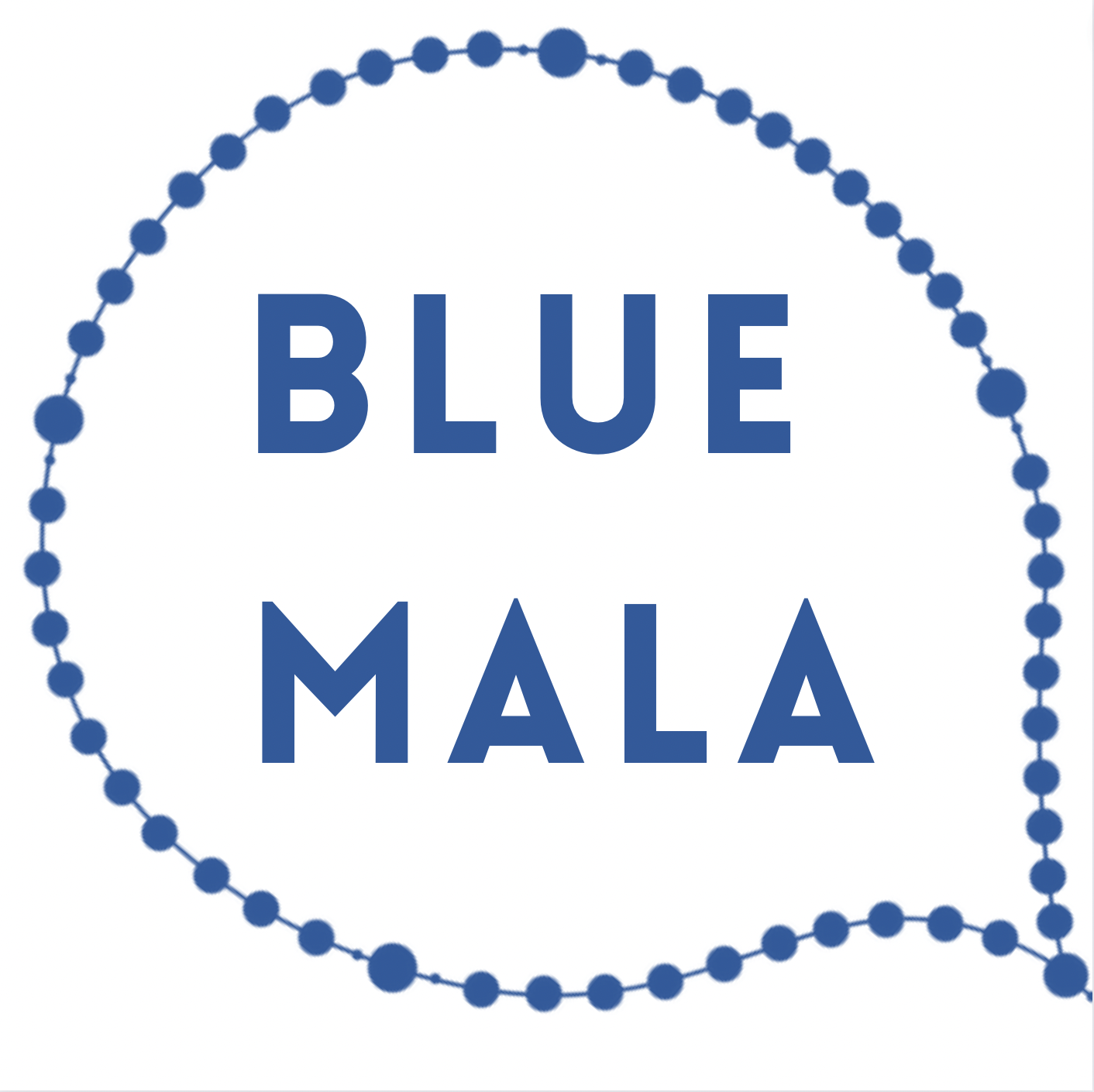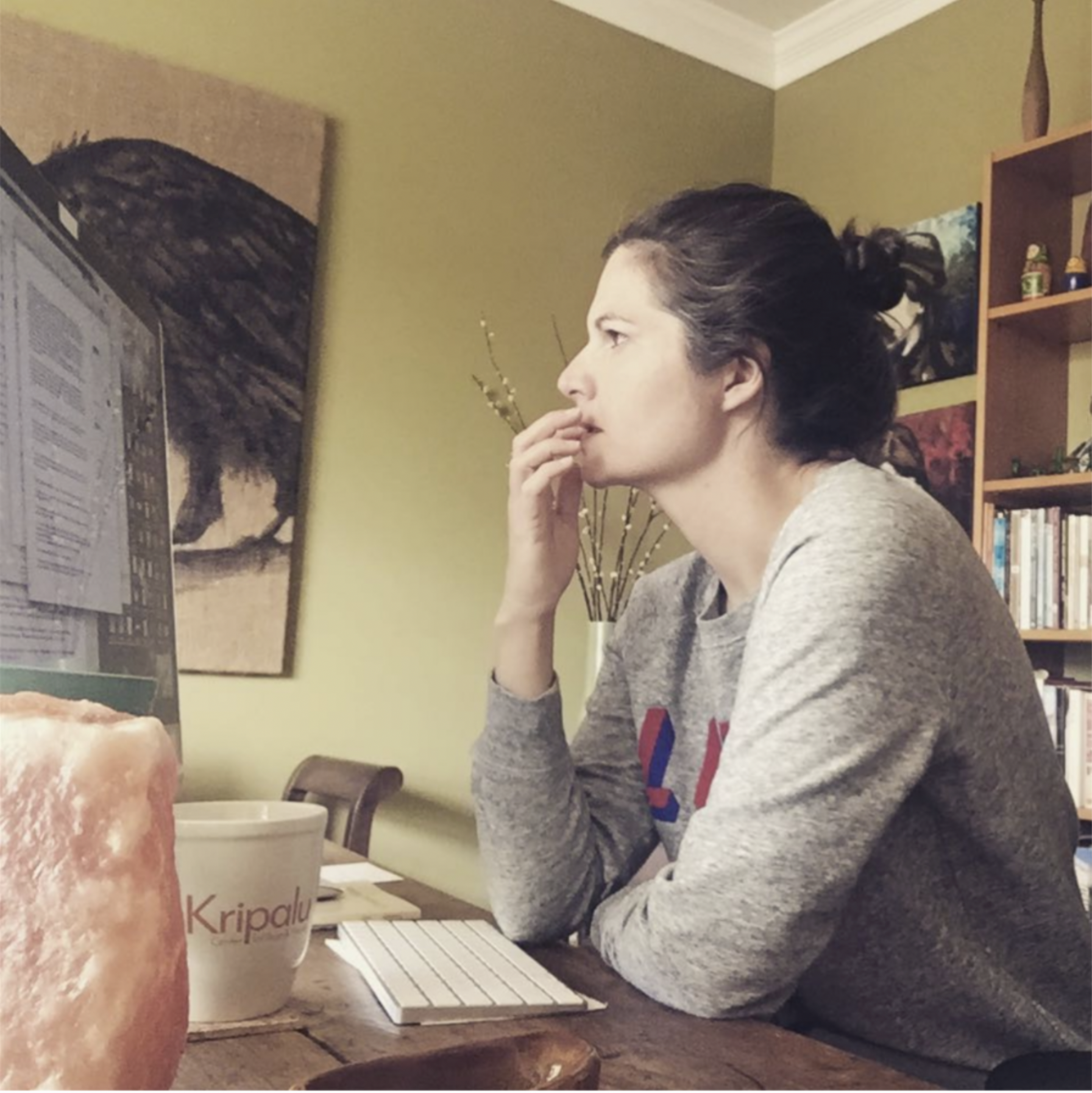Why writing works
(This story get intense but I promise it all turns out okay. The dog was fine and lived to a happy old age.)
When I was growing up, we were a camping family. We had one tent for my mom and dad, and another tent for me and our dog, Mikki. We had a canoe and a cooler and a camp stove. I had a Muppet Baby sleeping bag that smelled like a musty basement. We would wrap Bisquick around a stick and cook it over the campfire.
When I was about eight years old, we set up camp near a quiet lake where Mikki and I used to love to wade around near the shore. Mikki was a beagle mutt who was older than me, and I thought was so cute, but photographic evidence would prove she was not at all cute. She was poorly behaved, had zero impulse control and I loved her to pieces. I didn’t have siblings, and by eight years old I’d already been an actor for half my life, and therefore I was kind of a weirdo. In the rare times when I did go to school, kids usually steered clear of “the kid from TV” so I didn’t really have friends. I was shy and awkward and lonely and had anxiety, so my dog was my best friend.
We spent the day canoeing, skipping rocks, and picking dirt out of peanut butter sandwiches on Wonder Bread, when suddenly, out of the woods came two big dogs. Really big dogs. They raced up to Mikki, who had been digging in the mud at the edge of the lake and they attacked her. It was horrible. One jumped on her back, the other went for her throat. There was snarling and whining and blur of fur and teeth. My dad was finally able to break up the fight, and the other dogs ran off as he yelled at them. Mikki was hurt and bleeding, whimpering quietly as my dad gathered her up off the sand. We all piled in the car and rushed her to the vet. Thankfully, the doctors said she would be okay, but she needed stitches and they wanted to monitor her for any further damage. They told us to go home, they would call when we could pick her up.
My dad took my mom and me home, and I guess he went back to get all our camping gear. I walked to my bedroom, shaking and lightheaded and sick to my stomach. I didn’t know what to do with the adrenalin and the emotions I was feeling – but some unseen force made me grab something to write with - a blue crayon, and I wrote down what happened. I put it all down. Pages and pages poured out of me.
I wrote about how gentle my dad had been when he laid Mikki in the backseat of the car next to me and how he tucked his jacket around her. How I could only see my mom in profile in the front seat, but I noticed my mom chewing on her lower lip until it turned white, because she was trying to not cry which I realized was about not upsetting me. I wrote about how the car smelled of mucky lake water and wet dog and something like metal which was a surprise to me because, until that moment, I hadn’t known that blood had a smell. I wrote how I put my hands on my dog-sister, and she was shivering and breathing quickly and I could feel her fur matting around the clotting blood. I felt helpless and scared but I couldn’t cry because I wanted to be strong, too. I wanted to not cry for Mikki the way my mom was not crying for me. So I bit my lip until it went white, too.
Mikki would come home from the vet soon after and would be fine and fully recovered and go back to her usual poor behavior in a couple of weeks. But something profound changed for me that day. Because I had realized – at eight years old - that I was a writer. Writing helped me process the events of that day. Writing let me explain what had happened and how I felt about it in a way that I could not verbally express. It was like a direct line from my soul to the page in a way that was unstoppable. It almost didn’t involve me.
I now work with Veterans, and one of them, Mike, writes poetry. He said to me once that “As far as the poems...I don't know where they come from. I just tune in and they come roaring in sometimes. A mystery to me.”
While this feels exotic, it’s actually a pretty common conception of writing. The poet Ruth Stone told the story of working out in the fields in rural Virginia when she says that she’d hear a poem coming at her. It sounded like thunder, heading right for her. She would have to run to get paper and pencil so she could write it down. If she was too slow, she knew it would thunder right onto some other writer and be lost to her forever. Sometimes she said she would almost miss it, and only caught the poem by the tail. In those cases, the entire poem came out backward. It sounds really out there, but she went on to be a finalist for the Pulitzer, so it seems that she caught really, really good poems.
After I wrote my attack tome, I felt a weight lifted. I was still worried about Mikki, but I felt I would I could see it properly. The wound was still painful, like a place where a bullet had entered, but I had dug out the shrapnel and it wasn’t going to fester now that it was on the paper in front of me.
I knew I was sensitive and thoughtful and I even though I was only eight, I was pretty sure that this was not going to be the only difficult thing that happened to me. So from that moment on, whenever something happened, good or bad, I wrote it down. It never felt like it really happened until it had letters and spaces and commas attached to it. It’s how I cope with the challenges and how I celebrate the joys. It gives me perspective and helps me understand my place in the world and how moments in my life might reflect a more universal truth of what we all go through. I am less alone, less isolated in my struggles when I write.
When I teach workshops, we do a lot of writing. This doesn’t always go over well. Some people react as if I’m giving them homework, I’m asking for an essay on the Pilgrims. No one wants to write about the Pilgrims.
“You don’t need to share your writing with anyone. It doesn’t have to be a War and Peace length novel. Just throw some words down on the paper,” I tell them.
I encourage them, but I also know that writing isn’t for everyone. Sometimes, it just never clicks. It might click later, but maybe the timing just isn’t right. But I think back to being a terrified eight-year-old in my room with a blue crayon, scribbling about fear and love and the smell of blood, and I want to offer them at least the chance to find that same comfort and support. Because at its core, writing is fucking magic.
Writing starts with internal exploration. We go into our pasts, our imagination, our wounds. We remember the things we wish we could forget and we create the people we wish we knew. And from that deep space of swirling creativity, we move outward, using our hands to physically create words that bring our conjurings to life. We put words to the things we wanted to keep buried forever. We assumed that if we brought those words to the physical world they would consume us. But they can’t consume us once they are embedded in the page. They are entombed there, pinned down by letters, restrained by commas, and isolated by spaces. Once they are outside of us, we can gain a deeper understanding from an arm’s length, but they can no longer reach out and grab our throats like they could when they lived within us. They consume us from the inside, but once they are brought to the light, we can see what they really are. Mere shadows of the chains we used to restrain ourselves. We are controlled by what we can not articulate, so in the moment when we put pen to paper and declare what is real and true - we set ourselves free.
And that, is why we write.


